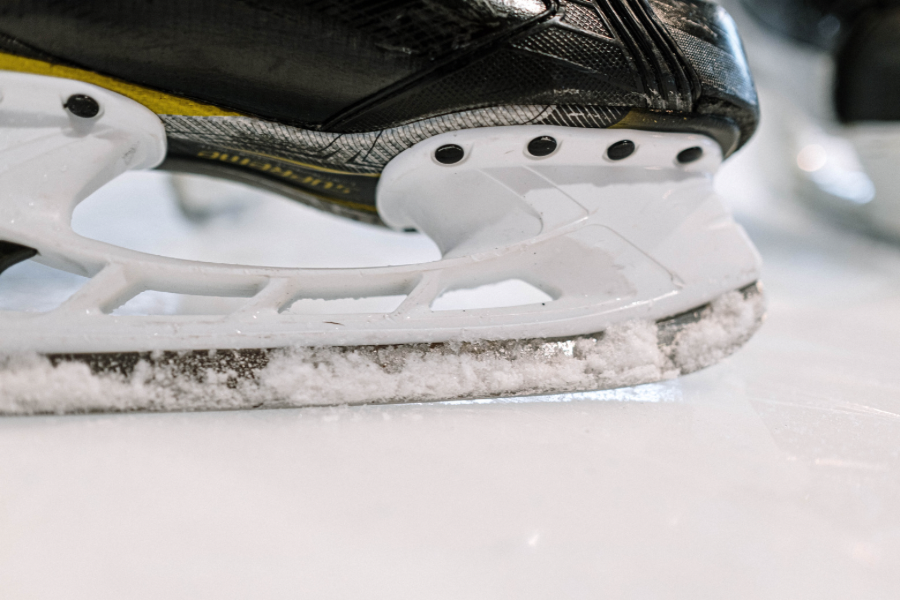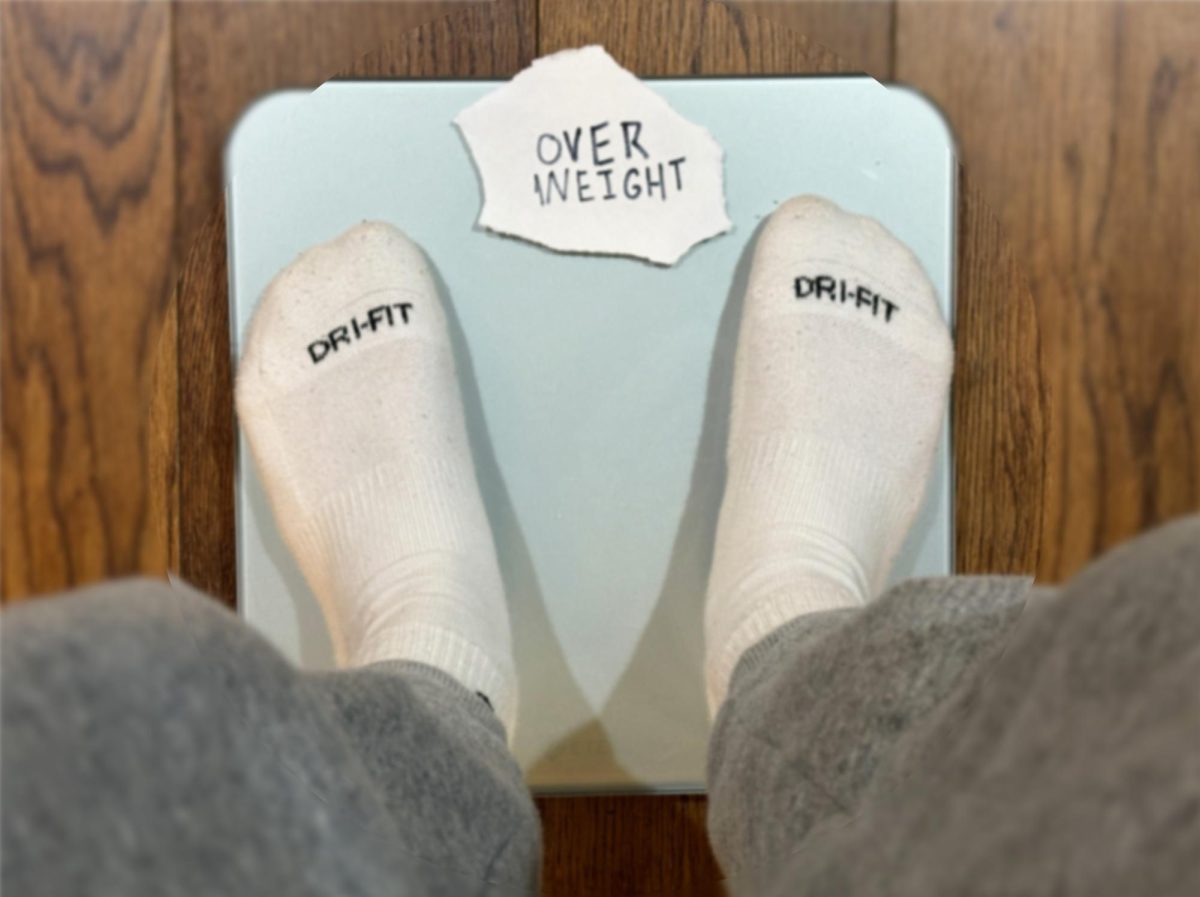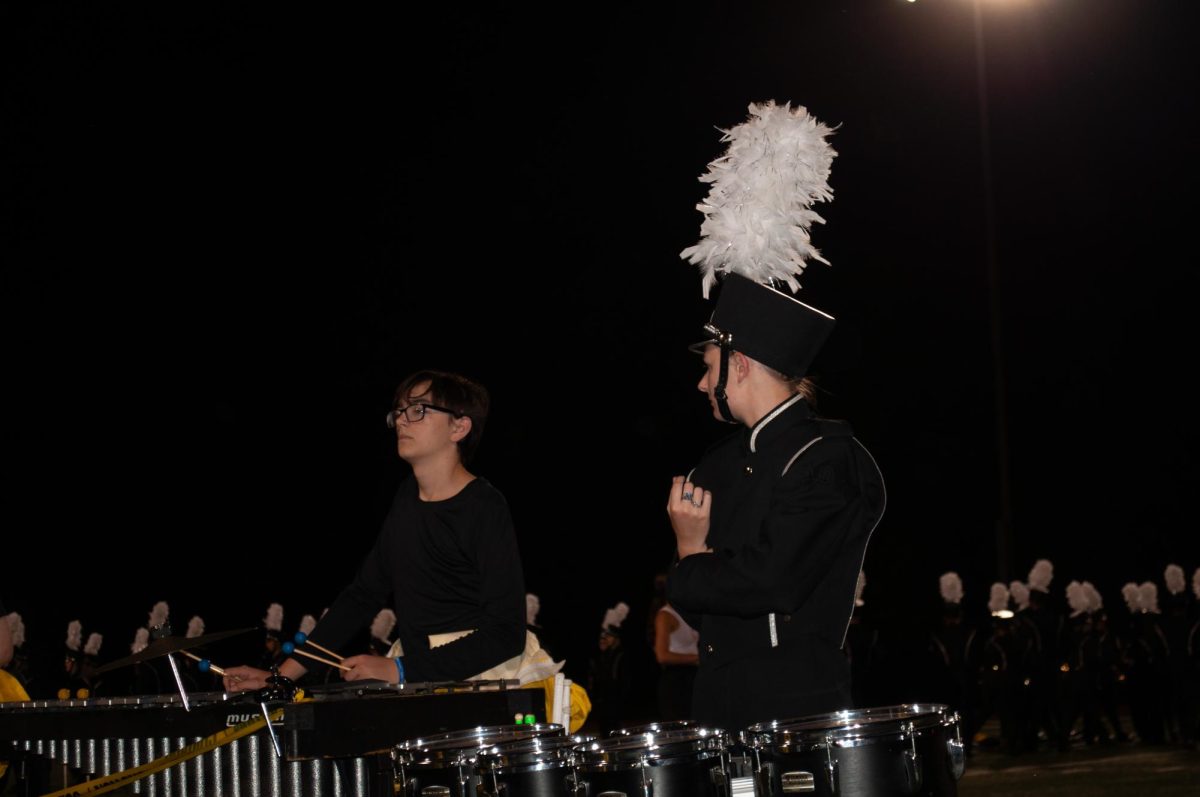On October 28, professional hockey player Adam Johnson died on the ice after suffering a fatal neck laceration during a game against the Sheffield Steelers in England. Johnson had appeared in 13 Pittsburgh Penguins games in 2019 and was playing for the Nottingham Panthers at the time of his death. This death shocked the nation as it happened in front of thousands of fans and was a “freak accident” that occurred in a matter of seconds. The tragedy brought distress and fear to the hockey community, as the topic of safety is in the air.
Matt Herrmann, the team physician for Iowa Wild, spoke on this matter. Herrmann clarified that any opinion he states is strictly his own and does not represent the NHL or any teams.
“Any time there is a tragic accident it is a reminder to try and make the sport as safe as possible,” he stated. “Neck guards have been recommended by USA Hockey for at least 10 years, but not been required. Canada has required use for at least the last five years for amateurs.”
Herrmann shared a statement that USA Hockey posted in 2017. It gave information that confirmed that neck lacerations from skate blades are a rare injury to see in the sport, but very dangerous. “Current neck laceration protector designs do not eliminate the risk of a neck laceration,” the study said. “27% of players who sustain a neck laceration were wearing a neck guard at the time of the injury.”
USA Hockey supports and encourages the use of neck protectors, but further research and testing will have to be done to decide whether or not they will require them for the minor and major leagues.
In regards to Herrmann’s personal opinions on the matter, he stated, “I anticipate the majority of amateurs will be required to wear neck guards in the next five years. Many players have become more aware of the safety issue due to the recent injury of Adam Johnson. It takes some time to prove effectiveness, and the number of neck injuries per year is limited. It takes time to accumulate good data to create mandatory rule changes.”
While many players, fans and loved ones affiliated with this sport are anxious about what the future holds for the safety of hockey, it is evident that more research will be in the works to make an ultimate decision.







